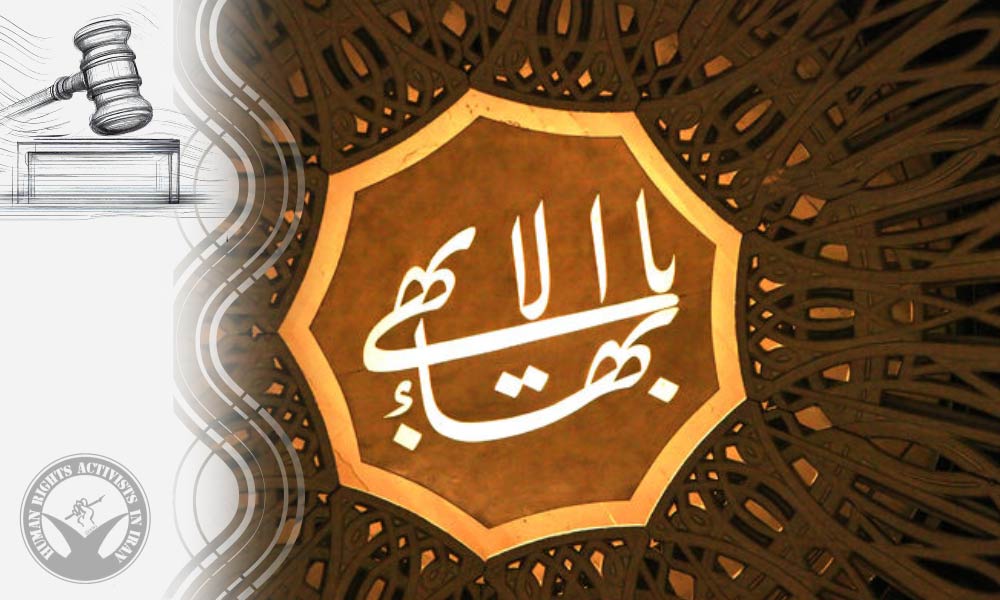In a recent development, the Court of Appeal of Razavi Khorasan Province has handed down a revised sentence to Baha’i citizen Nooshin Mesbah, a resident of Mashhad, reducing her imprisonment term to one year.
Mesbah had initially been convicted of “membership in groups aiming to endanger national security,” resulting in a three-year sentence. However, the Court of Appeal has now modified this sentence, lowering it to one year.
Moreover, Mesbah has been acquitted of the charge of “spreading propaganda against the regime,” for which she had originally received an eight-month prison term.
HRANA’s annual report has highlighted a concerning trend where, in 2022, 64.63% of reported human rights violations against religious minorities are directed toward the Baha’i community.
The Baha’i faith is not recognized as a legitimate religion by Iranian authorities, leading to systematic and longstanding violations of the rights of Baha’is in the country. This includes the denial of their fundamental right to practice their religion, which constitutes a clear breach of both Article 18 of the Universal Declaration of Human Rights and Article 18 of the International Covenant on Civil and Political Rights. The United Nations covenant holds that every person has the right to freedom of religion, freedom of converting religion, as well as freedom of expression, individually or collectively; openly or secretly.





